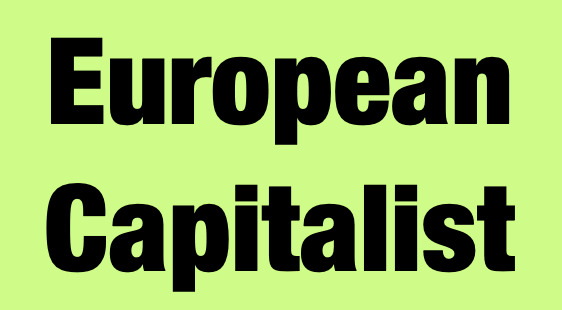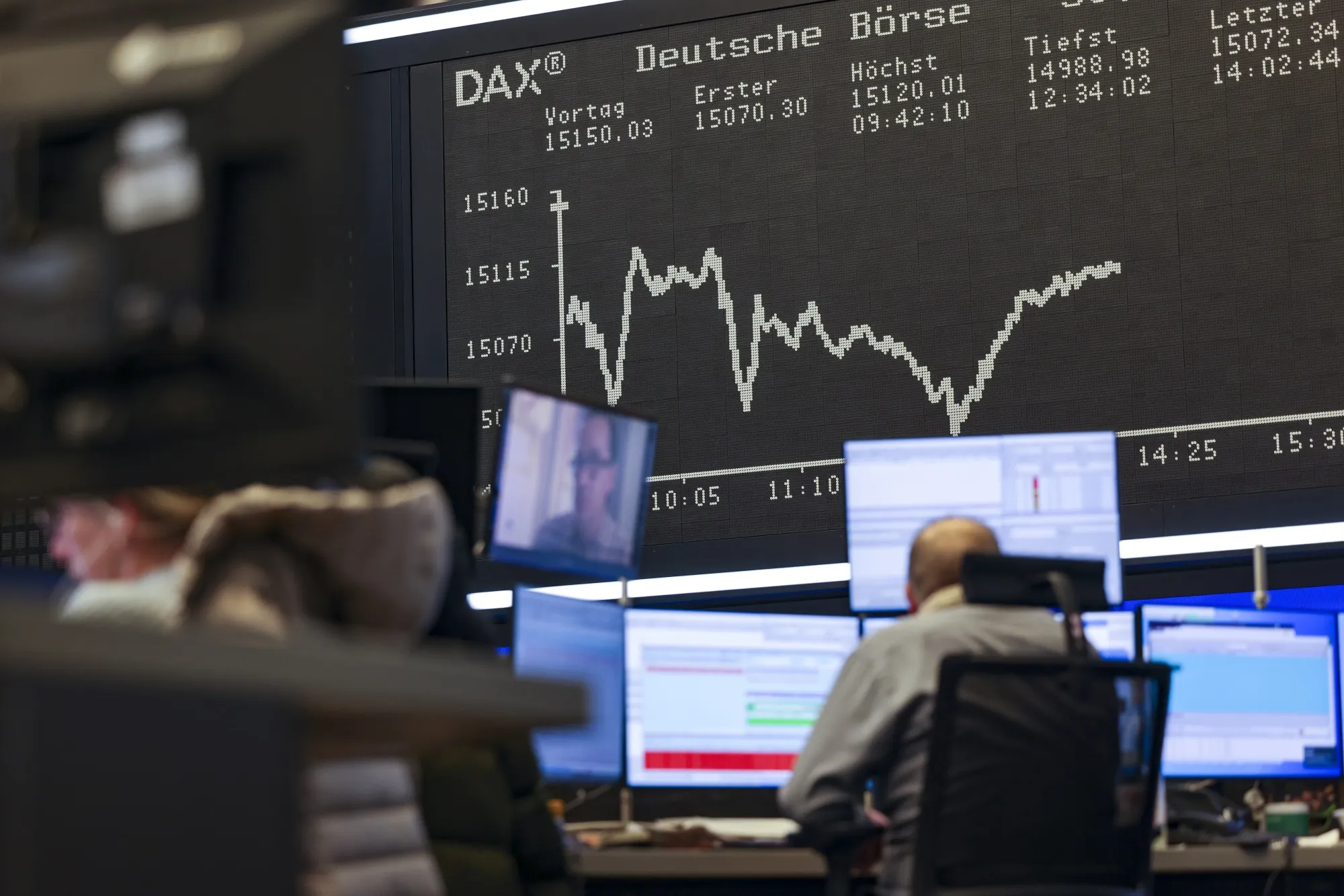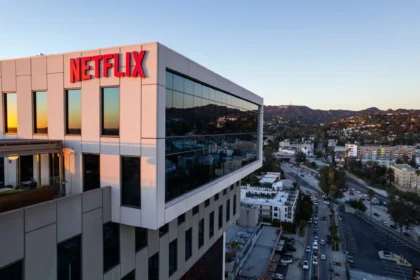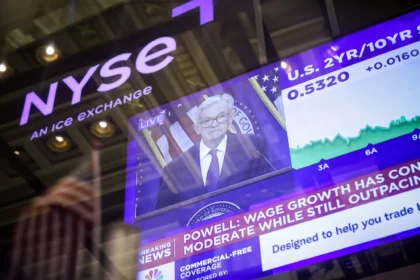While the U.S. and parts of Asia are riding high on an artificial intelligence boom, European tech stocks are facing a reality check. Earnings from some of the region’s most prominent technology companies have fallen short of expectations, underscoring a widening gap in the global AI race and raising concerns about Europe’s ability to capitalize on one of the most transformative technological shifts in decades.
Over the past year, U.S. tech giants such as Nvidia, Microsoft, and Alphabet have posted staggering gains, propelled by surging demand for AI infrastructure, software, and cloud services. In contrast, Europe’s top tech players — including SAP, ASML, and Prosus — have delivered mixed results. Even when European companies are integral to the global AI supply chain, like ASML in semiconductor lithography, investor sentiment has been tepid, with share price rallies muted compared to their U.S. counterparts.
Earnings Tell the Story
Recent quarterly earnings highlighted the divergence. German software giant SAP reported solid cloud growth but missed profit expectations, sending shares lower. ASML, a critical supplier of chipmaking equipment, maintained its long-term outlook but warned of short-term order delays due to global supply chain disruptions. Meanwhile, companies in Europe’s consumer tech and fintech sectors, such as Spotify and Adyen, saw volatility as growth slowed in certain markets.
Analysts point to several structural factors behind the underperformance:
- Limited AI-native champions: Unlike the U.S., where companies like OpenAI, Anthropic, and a wave of AI startups are scaling quickly, Europe lacks a deep bench of venture-backed AI innovators attracting global capital at speed.
- Fragmented markets and regulation: The European Union’s rigorous AI Act and fragmented regulatory environment can slow product deployment and deter risk-taking.
- Capital concentration: U.S. markets offer deeper pools of capital for scaling technology firms rapidly, while European IPOs and secondary offerings often struggle to attract comparable volumes.
Global Capital Looks Elsewhere
Private equity and venture capital firms are increasingly channeling funds toward the U.S. and Asia, where AI adoption cycles are faster and revenue potential is clearer. According to recent industry data, European AI startups received less than 10% of global AI venture funding in the past 12 months.
The risk for Europe is not just missing out on short-term stock rallies, but losing strategic positioning in an AI-driven economy. Without sufficient investment and market dynamism, European tech firms may become niche suppliers rather than dominant global platforms.
A Strategic Crossroads
To close the gap, industry experts argue that Europe needs coordinated policies that stimulate AI research, incentivize private investment, and encourage cross-border scaling. Public-private partnerships could accelerate deployment in sectors like manufacturing, healthcare, and logistics, where Europe traditionally holds competitive advantages.
For now, however, the numbers speak for themselves. While Nasdaq tech indices soar to record highs, Europe’s Stoxx 600 Technology index has seen only modest gains. Investors are beginning to ask whether the continent’s tech sector can turn potential into performance — or whether it will watch from the sidelines as the AI revolution reshapes global markets.
If this trajectory continues, Europe’s role in the next chapter of tech dominance could be defined not by leadership, but by what it failed to seize in time.







